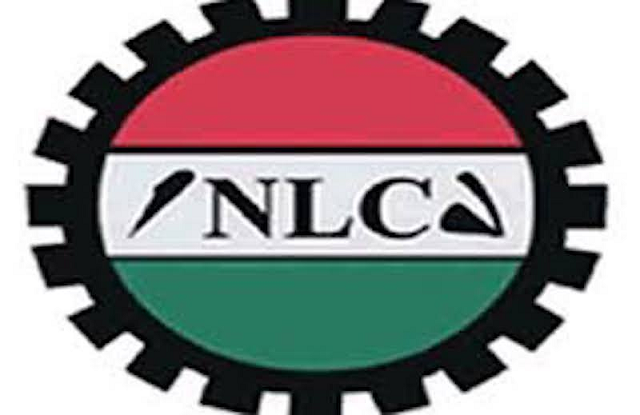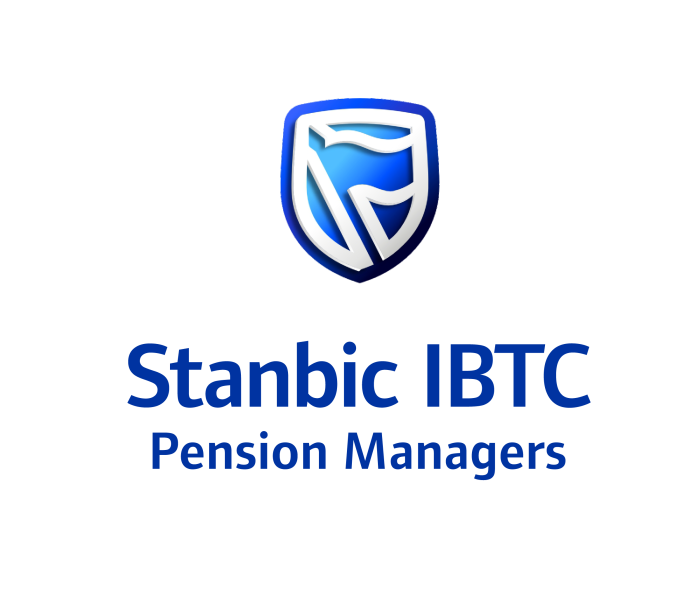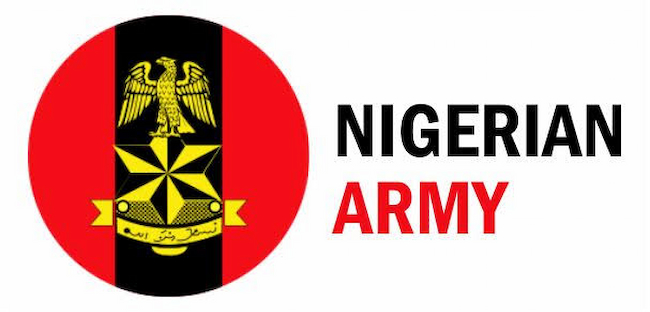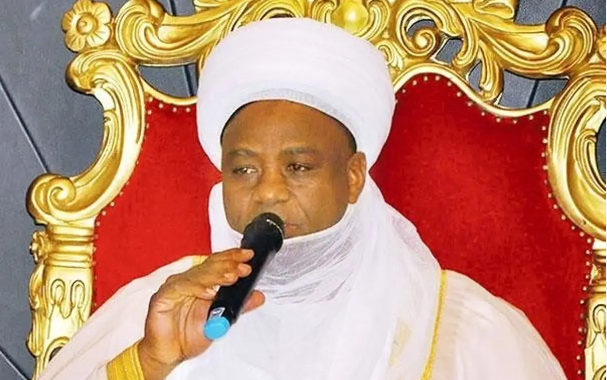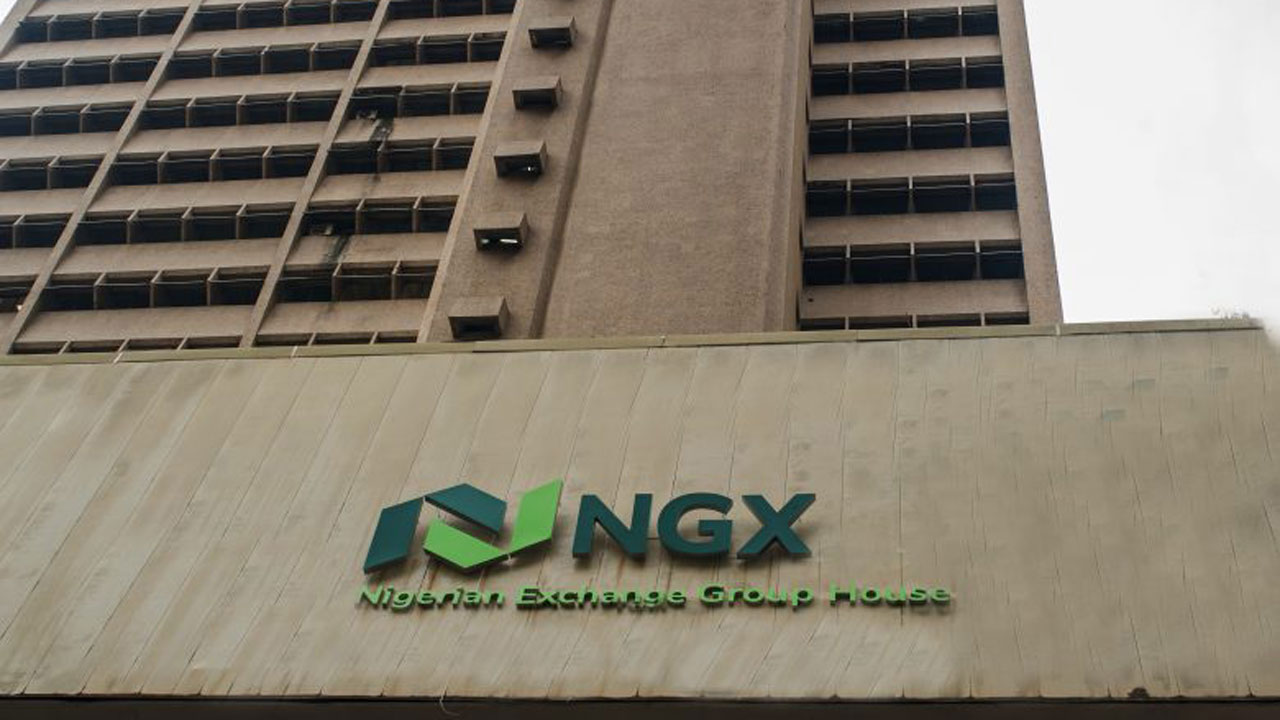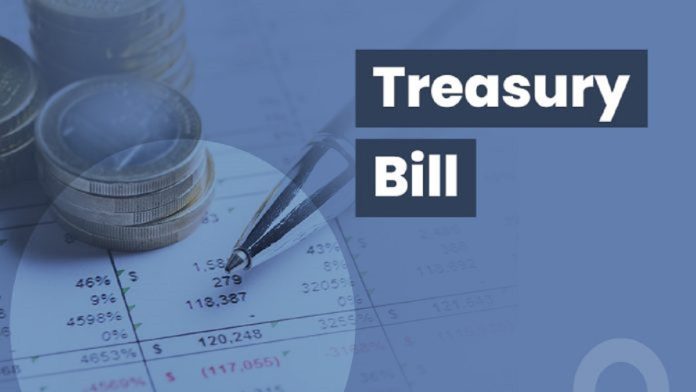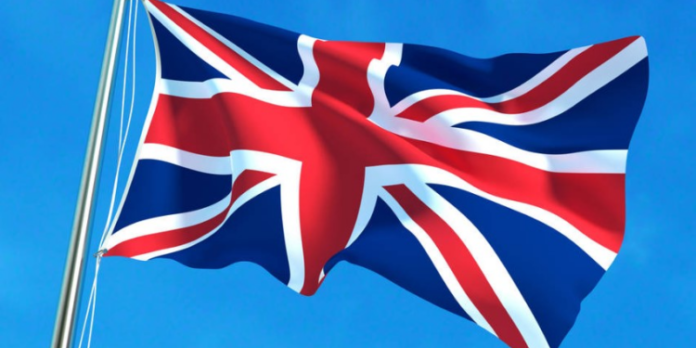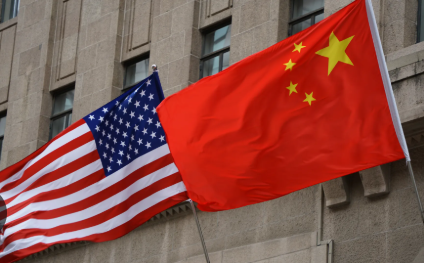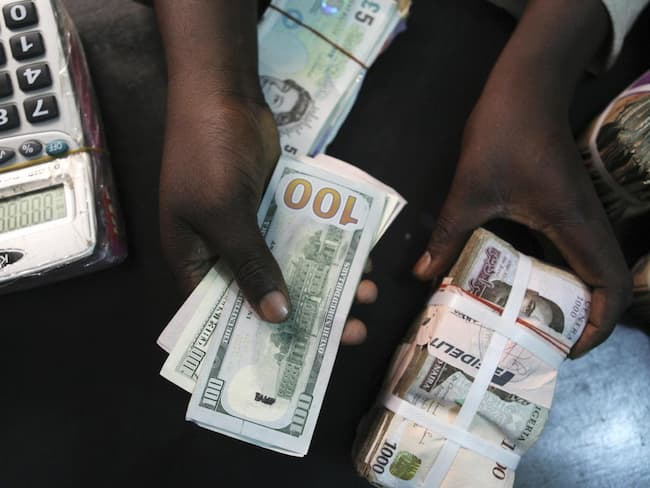The Nigeria Labour Congress (NLC) has handed the Federal Government a four-week ultimatum to resolve all outstanding issues with the nation’s tertiary institution-based unions, including the Academic Staff Union of Universities (ASUU).
This decision followed an extensive meeting between the NLC leadership and heads of various academic unions held at the Congress headquarters in Abuja on Monday.
Speaking during an interactive session with labour correspondents, NLC President Joe Ajaero expressed strong dissatisfaction with the government’s handling of the education crisis, particularly its continued enforcement of the “no work, no pay” policy against ASUU members.
According to Ajaero, the NLC views the policy as a deliberate attempt to intimidate workers who are merely demanding the implementation of previous agreements. He warned that if the government fails to conclude all ongoing negotiations within the next four weeks, the Congress would mobilize a nationwide industrial action involving all affiliate unions.
“We have decided to give the Federal Government four weeks to finalise all negotiations in this sector,” Ajaero stated. “They have begun discussions with ASUU, but the issues in tertiary education go beyond one union. If, after four weeks, there is no resolution, the organs of the NLC will convene to take nationwide action involving all workers and unions.”
The NLC leader further condemned what he described as the government’s pattern of neglecting signed agreements, emphasizing that most strikes in Nigeria stem from the government’s failure to honor its commitments.
He added, “The so-called ‘no work, no pay’ will now be met with a corresponding principle — ‘no pay, no work.’ You cannot benefit from a crisis you created.”
Nigeria’s university system has once again been thrown into turmoil following ASUU’s latest nationwide strike, which has forced the closure of campuses across the country.
ASUU National President, Professor Chris Piwuna, declared the strike at a press briefing at the University of Abuja on Sunday, following the expiration of a 14-day ultimatum earlier issued to the Federal Government on September 28. The union cited unresolved issues concerning staff welfare, unpaid salaries, infrastructure decay, and the non-implementation of the 2009 ASUU-FGN agreement.
Negotiations between both parties have failed to produce a breakthrough, despite assurances from Minister of Education, Dr. Tunji Alausa, who recently stated that the discussions had reached their final phase. The government had reportedly released ₦50 billion for earned academic allowances and allocated ₦150 billion in the 2025 budget for university needs assessments to be disbursed in three tranches.
However, ASUU dismissed these measures as insufficient, insisting on the full implementation of the 2009 agreement, payment of three and a half months of withheld salaries, and the release of outstanding cooperative and union deductions. The union is also demanding protection from victimization, sustainable university funding, and the settlement of promotion arrears.
In response, the NLC reaffirmed its solidarity with ASUU and other tertiary education unions, pledging full support in their ongoing struggle for improved conditions in the education sector.
Ajaero emphasized that the Congress’s stance is rooted in justice and equity, warning that the labour movement would not tolerate any further attempts to undermine collective bargaining.
He stated, “The government must realize that education is the foundation of national development. Disregarding the welfare of lecturers and university workers is tantamount to undermining Nigeria’s future.”
The emergency meeting held by the NLC is expected to determine the next line of industrial action and establish a coordinated national response to the escalating crisis. Labour leaders have vowed to sustain pressure until the Federal Government demonstrates genuine commitment to addressing the grievances of Nigeria’s university workers and restoring stability to the higher education system.










